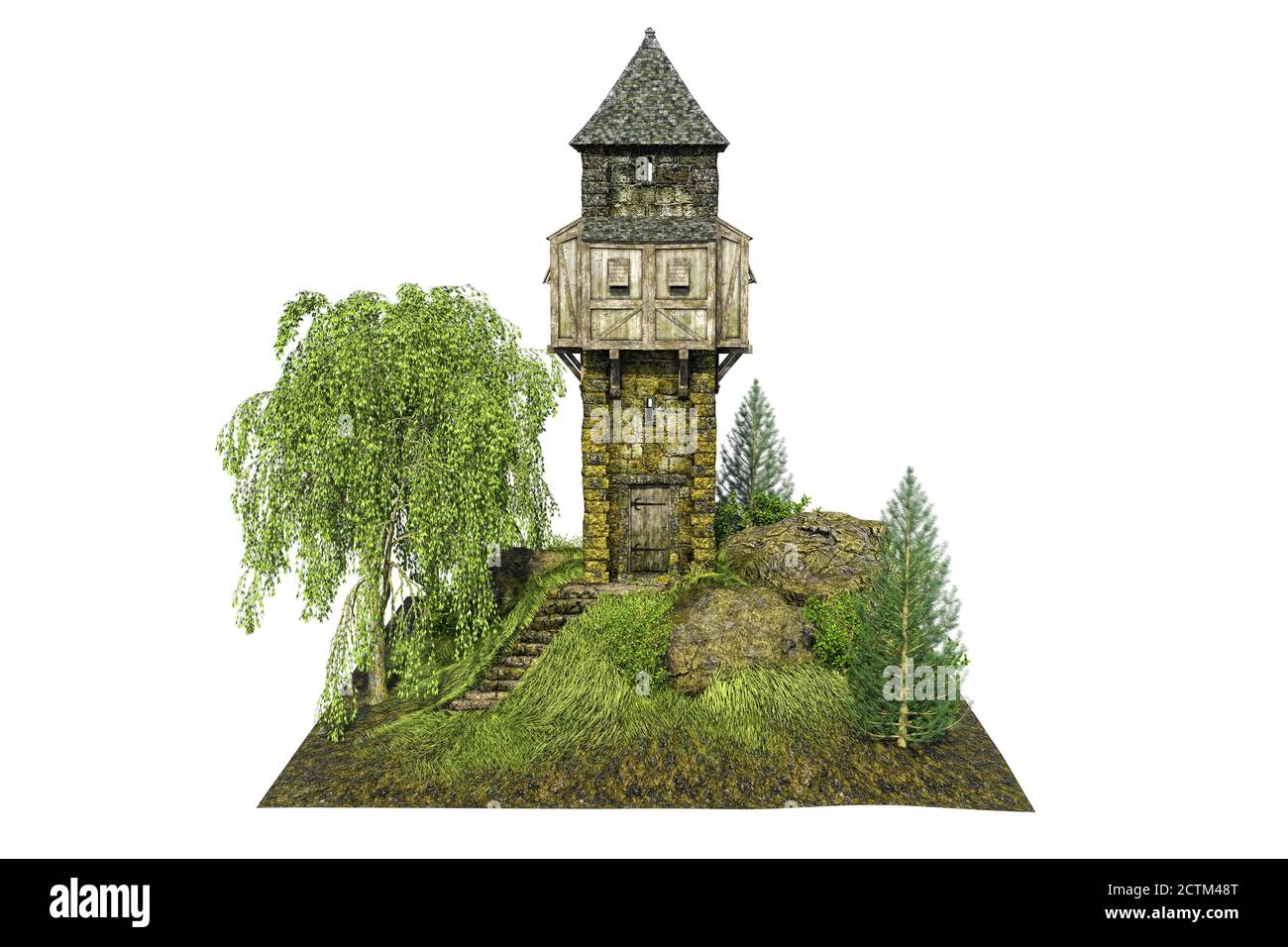Page 17 Tour De Garde

Ah, Tour de Garde... The very name conjures images of medieval castles, vigilant watchmen, and maybe even a dash of romantic intrigue. But flip open that well-loved issue of the game, and you'll find it nestled innocently on page 17. It’s not some secret society; it’s simply a rule, a subtle guideline within a game world that, when you really delve into it, speaks to a much larger philosophy.
What is Tour de Garde, Exactly?
Let’s decode this a bit. In essence, Tour de Garde is a rule concerning which pieces can legally cross a specific point on the board during a game. It's about boundaries, strategies, and understanding the limitations within a given system. Imagine it as the *Border Patrol* of your tabletop game. Understanding Tour de Garde can be the difference between a strategically sound maneuver and an utter game-losing blunder. It's not about mindless adherence to rules, though, it's about appreciating the nuances those rules create.
Deconstructing the Rule: Why Does It Matter?
So, why dedicate an entire article to something that might seem like a minor detail? Because Tour de Garde is more than just a rule; it's a microcosm of larger concepts:
- Strategic Thinking: It forces you to anticipate your opponent's moves and plan your own accordingly.
- Understanding Limitations: Accepting boundaries (and working within them) is key to success.
- Creative Problem-Solving: How can you navigate around the Tour de Garde? What alternative paths are available?
- Risk Management: Weighing the potential benefits against the risks of triggering the rule.
Think of it like this: Paris has the *Périphérique*, a ring road that dictates how traffic flows in and out of the city. Understanding its rules, its entrances and exits, is vital for navigating the urban landscape. Tour de Garde is your game's *Périphérique*.
Beyond the Board Game: Life Lessons from Page 17
Now, let’s extrapolate. What does this seemingly esoteric rule have to do with *real life*? More than you might think.
Consider your own *personal Tour de Garde*. Perhaps it's a self-imposed limit, a boundary you’ve set to protect your time, your energy, or your mental health. Maybe it's the ethical code you adhere to in your professional life. These are the lines you draw, the rules you live by.
Applying the Tour de Garde Mindset: Practical Tips
So, how can we actively apply this "Tour de Garde" philosophy to our daily routines?
- Identify Your Boundaries: What are your non-negotiables? What lines will you not cross?
- Understand the Consequences: What happens if you violate your own rules? Be honest with yourself.
- Seek Creative Solutions: Is there a way to achieve your goals without compromising your values? Think outside the box.
- Embrace Discipline: Sticking to your boundaries requires willpower. Practice self-control.
- Re-evaluate Regularly: Are your boundaries still relevant? Do they need adjusting? Life changes, and so should your personal Tour de Garde.
Think about how Marie Kondo approaches tidying. She asks, "Does this spark joy?" That’s her *Tour de Garde* for possessions. If something doesn't bring joy, it's out! It is a way to establish and respect personal limits.
The concept of *"no"* is also an important aspect. It can become a vital component in crafting our own personal Tour de Garde, allowing us to control our energies.
Imagine trying to bake a soufflé without understanding the physics involved. You need to know the boundaries of heat, the properties of the ingredients, and the precise timing. Fail to respect these, and your soufflé will collapse. Tour de Garde is, in a way, about understanding the "physics" of life's challenges.
Final Thoughts: The Simple Wisdom of Page 17
Ultimately, the Tour de Garde on page 17 isn't just about winning a game; it's about living a life with intention, awareness, and a healthy respect for boundaries. It’s a reminder that limitations, far from being restrictive, can actually fuel creativity and strategic thinking. So, the next time you encounter an obstacle – whether it's a complicated rule in a board game or a challenging situation in real life – remember the wisdom of Tour de Garde. Understand the boundaries, explore the alternatives, and embrace the power of strategic thinking. You might just surprise yourself with what you can achieve.


















